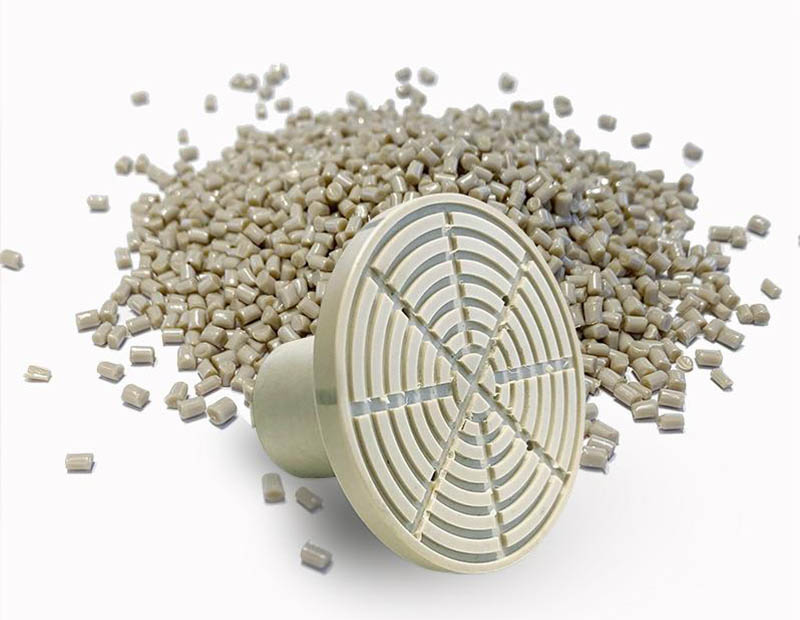Polyethersulfone (PES) is a high-performance Polymer known for its excellent thermal stability, chemical resistance and mechanical properties. This article provides an in-depth look at the biocompatibility of PES and its widespread use in various industries.

Biocompatibility of PES
1. Medical grade PES:
Due to its biocompatibility, PES is widely used in medical applications. Medical-grade PES is used in the production of medical device components, including filtration systems, blood oxygenators, and dialysis membranes.
2. Implantable devices:
PES has good biocompatibility and is suitable for use in implantable medical devices. PES is able to withstand prolonged contact with body fluids without adverse reactions, making PES a reliable material for long-term medical implants.
3. Sterilization compatibility:
PES can withstand various sterilization methods, including autoclaving and gamma irradiation, without significant degradation. This feature is critical for medical applications where sterilization is a must.
4. Tissue engineering scaffold:
Researchers explore PES for use in tissue engineering scaffolds because of its porous structure that allows cell adhesion and tissue ingrowth. PES scaffolds can provide mechanical support and guide tissue regeneration in biomedical applications.
Application of PES in various industries
1.Aerospace:
The lightweight and durable properties of PES make it suitable for aerospace applications. It is used to produce components for aircraft and spacecraft, benefiting from its ability to withstand extreme temperatures and harsh environmental conditions.
2. Healthcare:
In the medical field, PES is widely used in the manufacture of medical devices, diagnostic equipment, filtration devices, etc. Its stability in contact with biological fluids and compatibility with sterilization methods contribute to its popularity.
3. Electronic and electrical engineering:
PES is used in the electronics industry for its electrical insulating properties. It is suitable for the production of connectors, insulators and other components where high temperature stability and electrical performance are critical.
4. Water filtration:
PES membranes are used in water filtration systems due to their excellent chemical resistance and high thermal stability. PES filters effectively remove contaminants, making them suitable for industrial and domestic water purification applications.
5. Food and beverage industry:
PES is used in food and beverage processing for its chemical resistance and ability to maintain integrity under repeated cleaning cycles. It is used in filtration systems to purify liquids in production processes.
Future trends and developments
As technology advances, ongoing research aims to further optimize PES for specific applications. The continued exploration of PES-based composites, the incorporation of nanomaterials and improved processing techniques may unlock new possibilities and enhance their performance in different fields.
Polyethersulfone (PES) is a multifaceted polymer with a wide range of applications due to its biocompatibility and excellent properties. From medical devices to aerospace components, PES continues to make significant contributions to a variety of industries, demonstrating its adaptability and reliability in demanding environments. As research progresses, this multifunctional polymer is expected to enable more innovative applications in the future.






